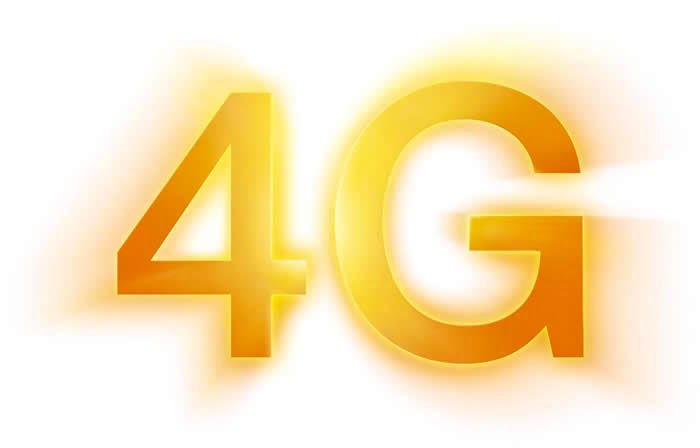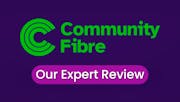4G vs. Fibre - Home broadband
We let 4G and Fibre scrap it out for our amusement.

What is 4G?
4G refers to the fourth generation of mobile broadband, a new and faster way to access online content quicker than the previous 3G service. This revolutionary network is currently being rolled out across the country.
What is fibre broadband?
Fibre broadband is a superfast alternative to ADSL broadband, which most households currently use. Instead of transmitting broadband through copper wiring to the exchange, a connection will be made through fibre optic strands. Some residents and businesses are using the service, with more locations in the UK receiving superfast broadband over the next few years.
4G vs Fibre: Convenience
Being connected online is one of the most important factors to businesses and people’s lives today, whether it’s to keep up to date with the latest news, or downloading large files.
4G dongles offer a versatile way to browse; the discreet USB stick means you are can take your broadband anywhere, as well as using it around the household. There is a wide selection of dongle deals to choose from, providing different data limits so you can find something ideally suited.
Fibre broadband can be accessed through multiple devices from one router, without too much of an interference to download speeds.
Depending on where you live from your local exchange, you can experience a superfast connection, convenient for downloading films, music albums and more.
Under the government’s Broadband Delivery UK, the minimum connection properties can expect to receive is up to 2Mbps, whilst you can order superfast fibre offering up to 100Mbps, depending on your location.
4G vs Fibre: Value for money
Depending on provider and packages available, prices can vary. Today, there are many more deals to choose from than ever before with different factors affecting the price such as broadband speed, data allowance and other add-ons.
Fibre broadband can come as part of a bundle package, offering extra add-ons including TV and a phone line. Each package is tailored differently to suit your needs, so it is recommended to shop around to find a good deal for you.
For unlimited broadband, TV and phone, it can cost £50-£100 a month. 12, 18 and 24 month contracts are available, so you don’t need to keep topping up and have a connection 24/7.
4G dongles are standalone products, offering a certain amount of data per month.
Dongles don’t offer unlimited internet, however it can be a good investment if you’re looking to save some money or in the process of moving home and need a connection. You don’t necessarily have to be on a contract either, as some deals give you the option of pay as you go.
4G vs Fibre: Verdict
Each mode of broadband connection offers different benefits. To download large files, stream content seamlessly and enjoy fluid web browsing, superfast broadband can provide the right speed and data allowance you need, especially if you opt for an unlimited service.
A 4G dongle is a cheap and easy way to get online and ideal for a temporary connection if you move home, or an alternative if you don’t use the internet often at home, but want to check social media websites or e-mails.
With a wide range of deals that are available, comparing different providers and packages could help you find the right offer and curb the chances of overspending on your next broadband connection.
Find a Deal
Enter your postcode to see the latest offers in your area.
Latest News
Featured Guides
Broadband Speed Test
Find out whether you could be getting faster home broadband speeds. Our speed test will check your current broadband and let you compare with other speeds in your area.
Test your broadbandBroadband Usage Calculator
Answer a few quick questions and our broadband usage calculator will give you a data estimate for your household. Using this we'll recommend the best kind of deal for you.
Calculate










